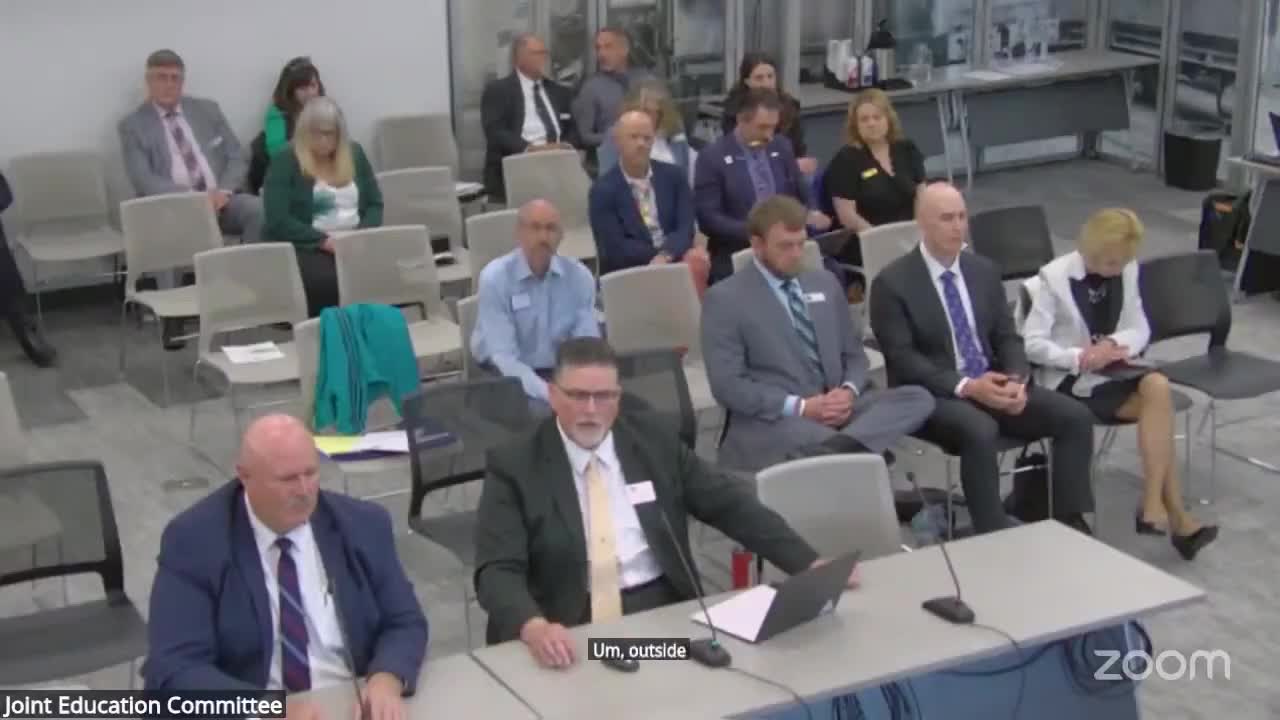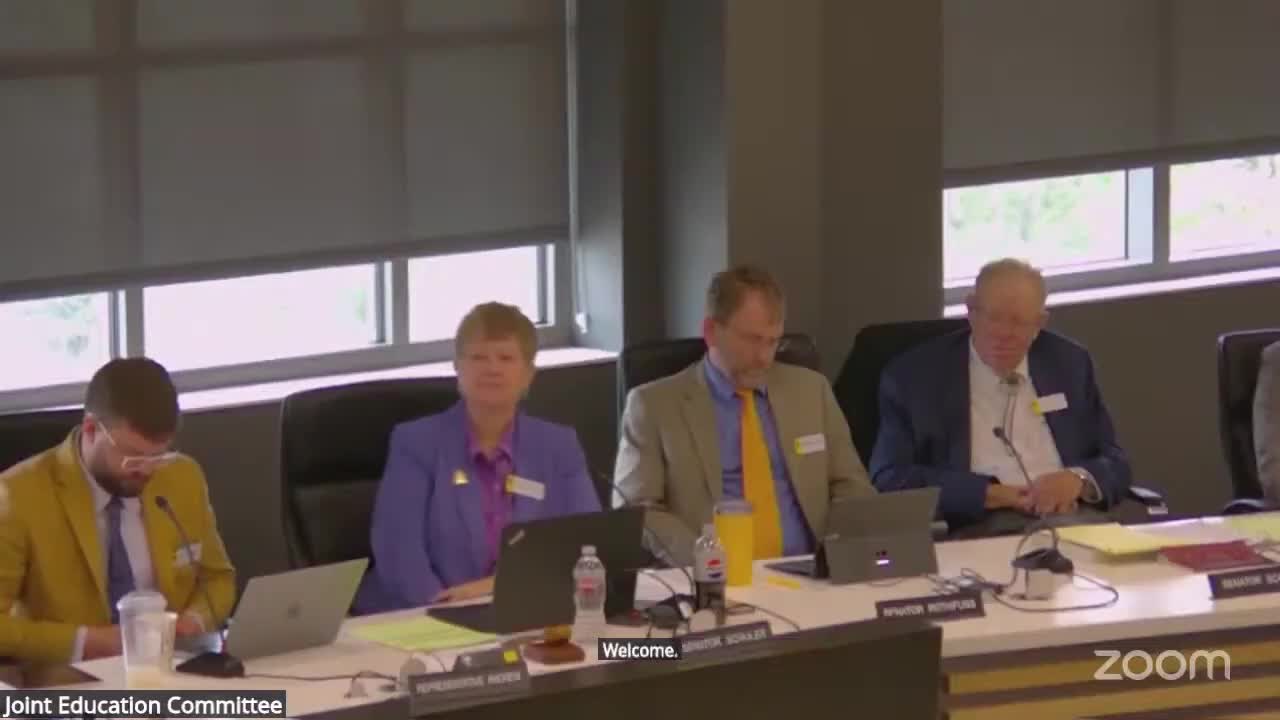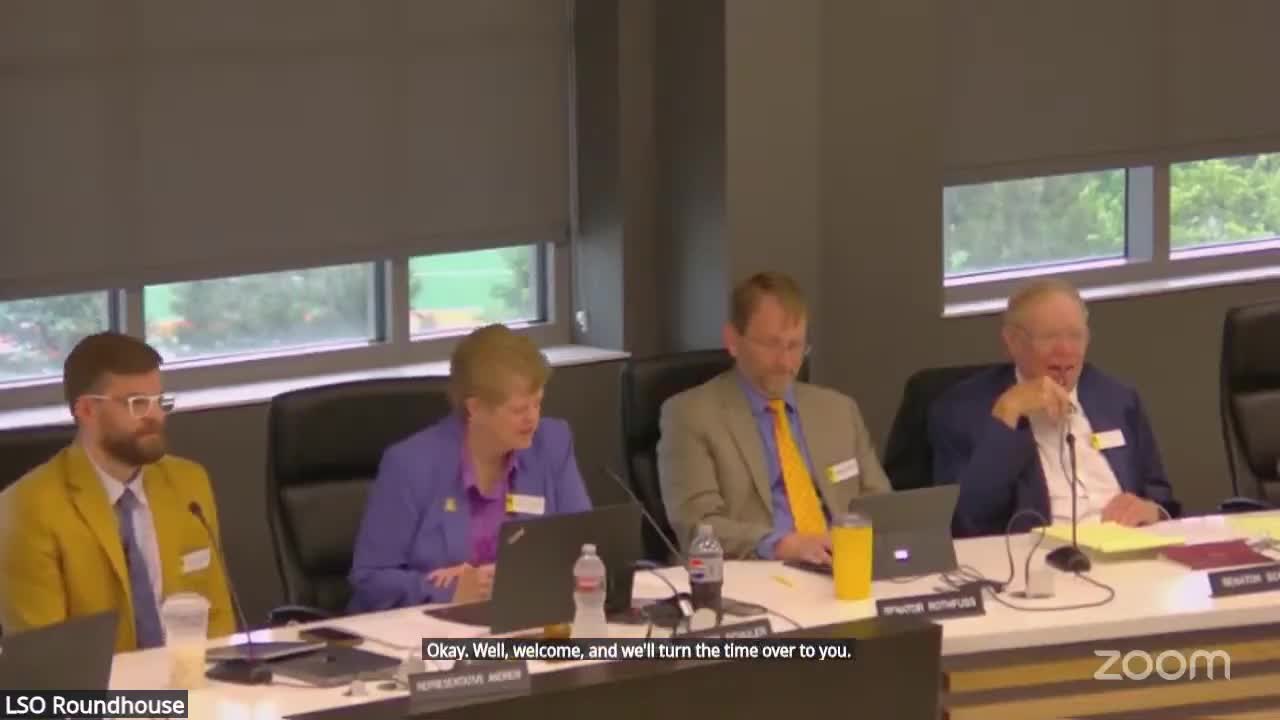Article not found
This article is no longer available. But don't worry—we've gathered other articles that discuss the same topic.

Committee reviews teacher recruitment and retention programs: loan forgiveness, apprenticeships, micro‑credentials and certification pathways

Pilot ‘BARR’ relationship program draws praise from Wyoming schools for lower failure rates and fewer referrals

